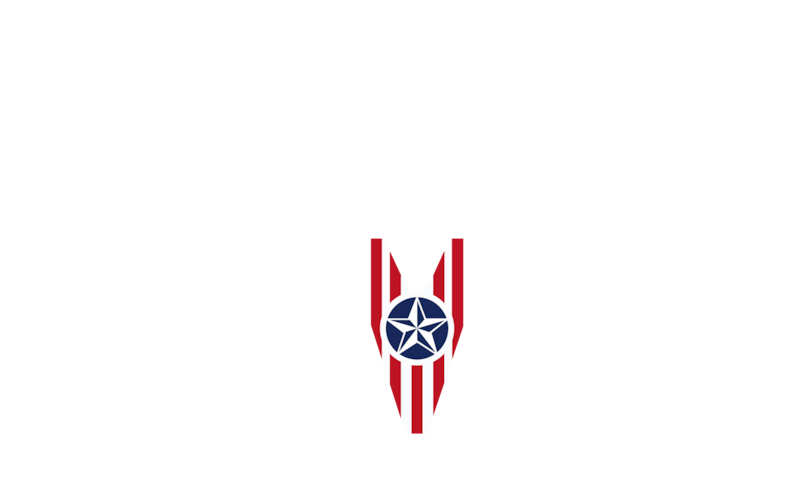Editor’s note: These stories were produced by the Department of Defense and published here as part of a partnership with Military Times.
Master Sgt. (ret) Scott Caroon joined the Air National Guard in 1990, during the transitional period of the Cold War Era where the still looming threat of the Soviet Union dictated training and operations. Within a year though, the Soviet Union would collapse and the United States would invade Iraq, which was the start of a long road to September 11th and our involvement in Southwest Asia.
During his career, Scott would travel to many locations as an aerial flight engineer with the Air National Guard.
“I was a member of some amazing flight crews during my career,” he said. “I participated in humanitarian missions and life-saving Aeromedical Evacuation (MEDEVAC) missions. It has been an honor for me to serve with so many selfless men and women and my wife for so many years.”
Scott deployed many times in his career, but it would be his deployment in support of Operation Iraqi and Enduring Freedom in 2011 that would stand out. During this deployment he directly supported combat and combat support missions in austere mountainous regions, often with minimal navigational aids and limited visibility. Then Lt. Gen. David Goldfein would describe Scott’s efforts on his Air Medal citation as “key to the safe delivery of cargo, and combat troops.”
“I am proud of where I come from and my values,” Scott said. “I have always stayed true to myself, my family, my friends, and my fellow wingmen. I continue to set high standards and morals for myself, my family, and those I am blessed to mentor. I feel if I can impact or help make a difference in one’s life it can be a contagious act that will pass along to others.”
In 2016, a series of injuries would lead him to the Air Force Wounded Warrior Program. It all started with an injury to his right foot followed a couple of years later with further injuries to his right foot and ankle. Later he would injure his left foot which led to a complicated treatment course including multiple surgeries. The complications eventually forced him to make the decision to amputate both legs below the knees.
“Having my lower extremities removed was a difficult decision that was mentally draining for me and my family,” he said. “We started this journey with my wife telling me, ‘God has a plan - and your body will achieve what you believe.’ Since then, I have taken this to heart and have adopted it as my motto.”
Scott’s recovery is still on-going but he shows how the positive attitude can really impact the success. He has also shown how adaptive sports can also have an impact on recovery.
“By putting yourself out there and pushing yourself, you realize you just need to adjust or adapt to how you complete a task,” he said. “You may also need to modify how you do sports. You learn quickly that you are your only stopping point, and you can do anything you put your mind to with a simple modification.”
Scott goes on to compete as part of Team U.S. at the 2023 Invictus Games in Dusseldorf, Germany this September. You can follow Scott’s story on the AFW2 Facebook page at www.facebook.com/airforcewoundedwarrior. Learn more about AFW2 at www.woundedwarrior.af.mil.






